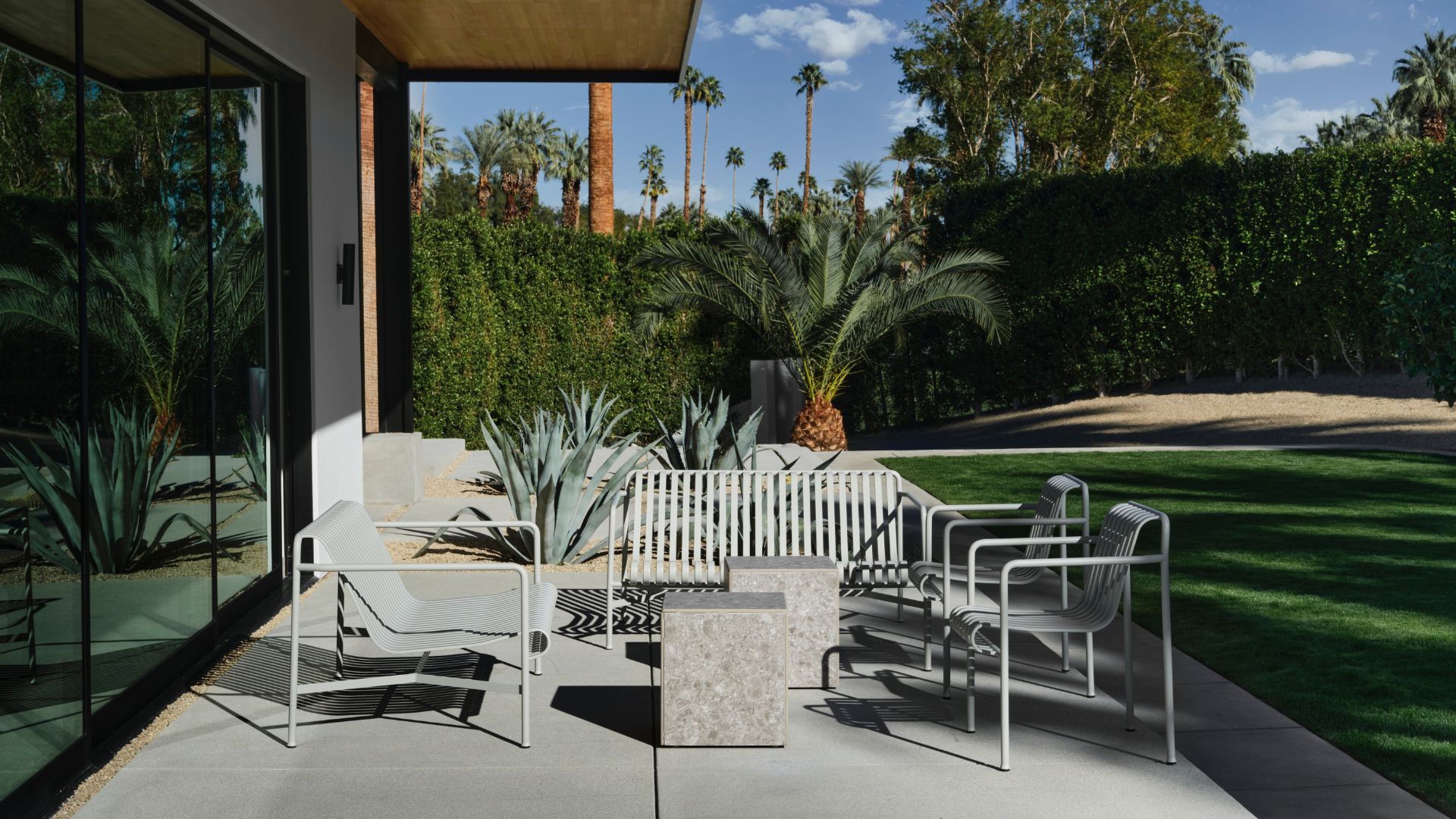
If we're pitting hedges and fences against each other, in theory, hedges win out. Of course, we'd rather be looking at natural greenery than artificial structures, even when they're made from beautiful materials. However, there's a reason why you see fences used for boundaries and privacy far more, especially in urban areas.
This is probably why you'll notice tall privacy fences cordoning most homes and offering a touch of solace in an otherwise crowded street. But when it comes down to it, you have the glaring dilemma of having to choose between fences and hedges, and its down to their individual pros and cons.
So to save you from decision paralysis and lend you a roadmap to the solution that works best for your home, we spoke to the experts. Here's what they had to say.
Fences
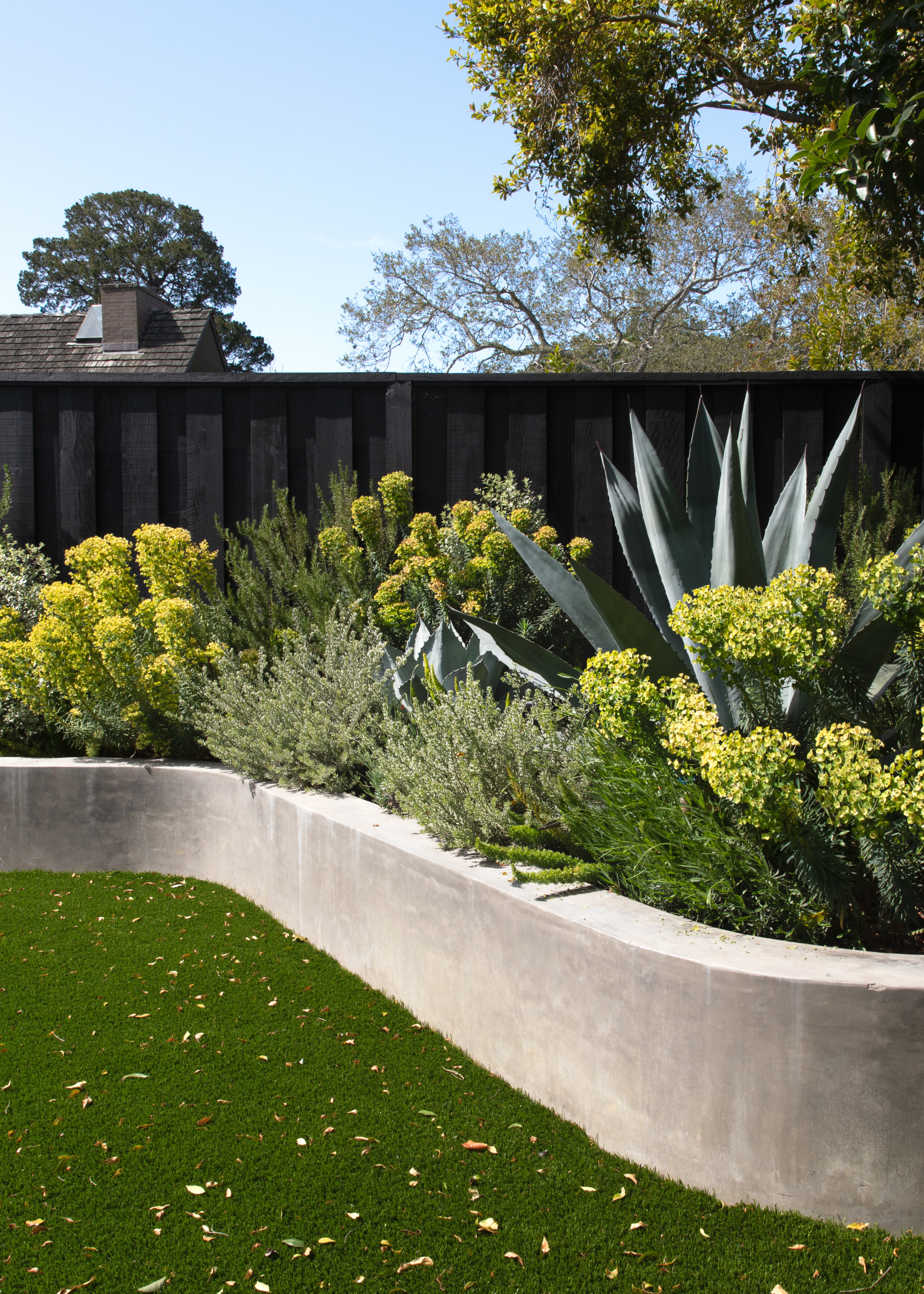
THE PROS
Where garden fencing is concerned, landscape designer Katherine Aul Cervoni points out that there are a couple of advantages that lean in their favor.
"For instance, it’s possible to be very precise with the height of your fence from day one," she notes. "And this is important, especially when privacy is a key consideration. The fence is also finished on day one, with no need to wait for it to grow in.
"Additionally, fences are narrow, so they can handle extremely tight spaces in small gardens. And while routine maintenance will be needed on a fence, there’s no risk of it dying or becoming diseased and needing replacing in the same way a hedge might."
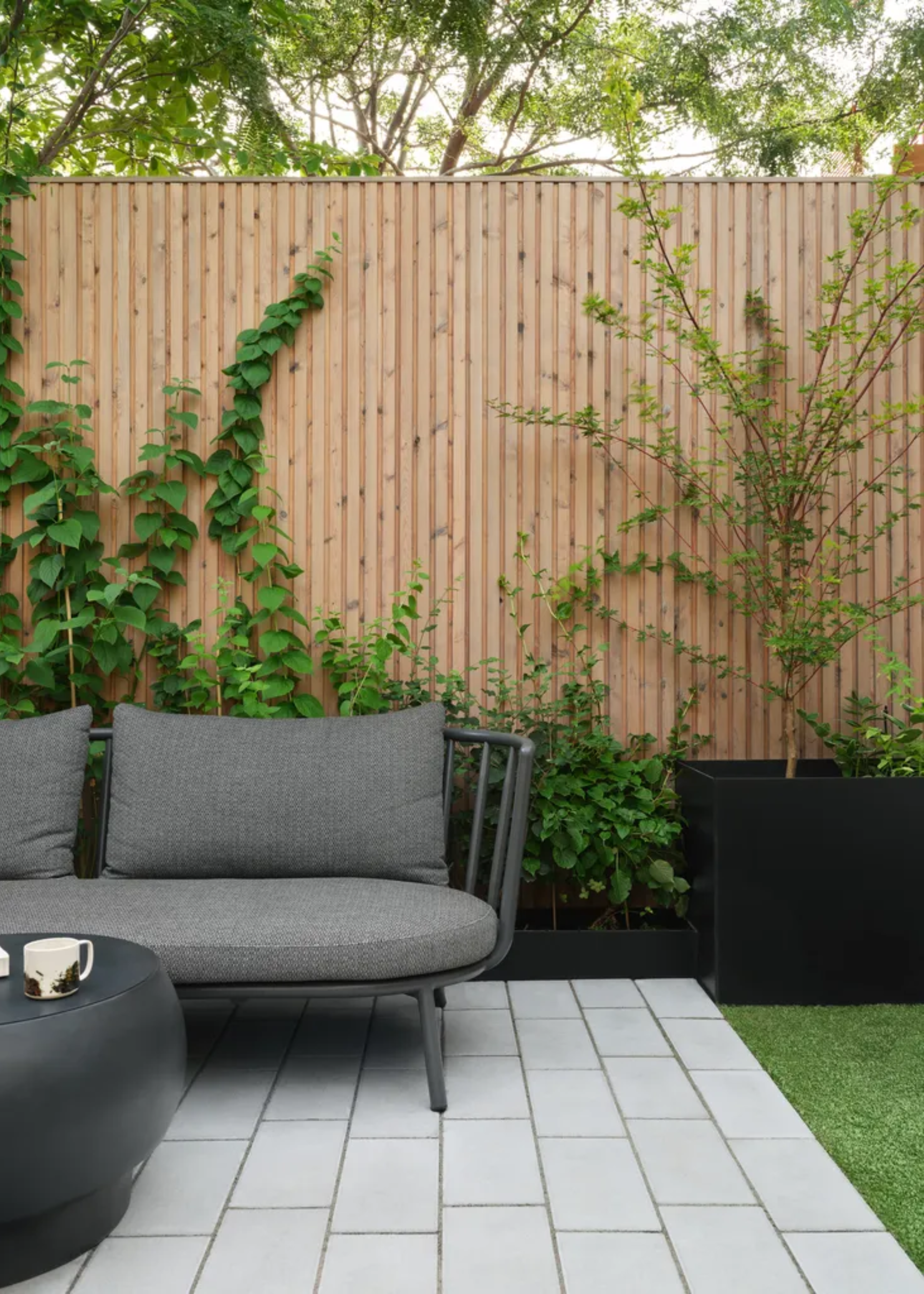
THE CONS
Just as with most design choices, choosing fences also has a couple of negatives attached to them. Landscape architect Michael Clarke explains that some of the cons of fences include their being costly, with materials and installation being expensive.
"Plus, they can also feel cold or unwelcoming compared to hedges, which are more natural," he adds. "And zoning laws or neighbor disputes over boundaries can make fences a problem when installing."
Additionally, Katherine also explains that all types of wooden fences will eventually rot and need to be replaced, but a healthy, well-selected hedge, like yew or boxwood, can last many decades. "And while a fence can be built sustainably, there’s no ecological value to it in a garden," she adds.
Hedges
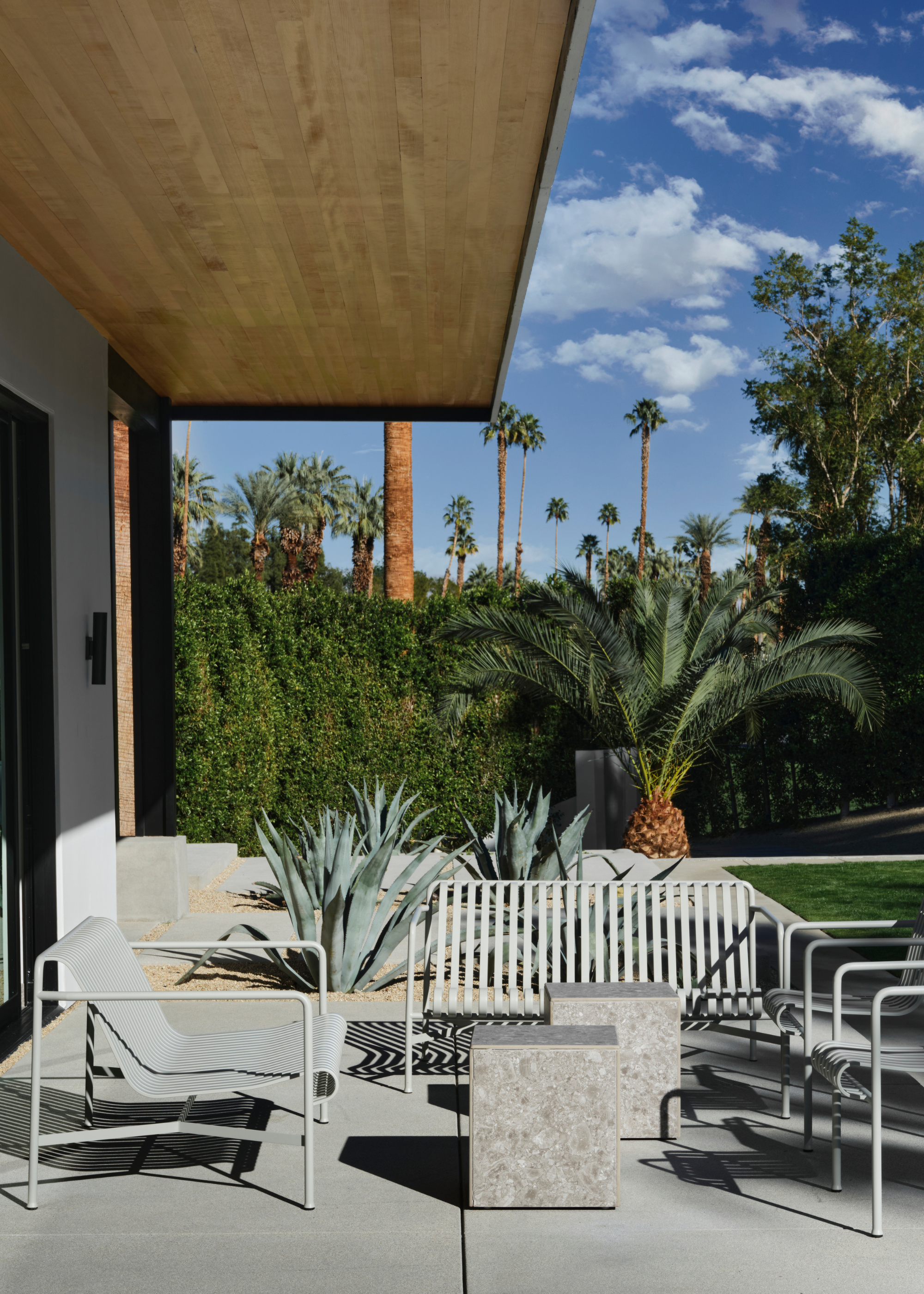
THE PROS
"Hedges, on the other hand, add natural beauty and blend well with landscaping," says Michael. "They can also provide habitat for wildlife and improve air quality, and when they fill in and become thick enough, they can help absorb sound from roads or neighbors."
Another point to hedges, Michael says: "They are also more flexible than fences in dealing with neighbor disputes over boundary lines, since they are more of a natural barrier offering both sides equal appeal."
Katherine also mentions that living privacy fences offer lots of ecological benefits. "From nesting habitat and shelter for birds, food for pollinators, and help with rainwater absorption," she says. "Once mature, hedges technically have better long-term value than fences and just require simpler routine maintenance than most fences."
So if you're looking for garden features that add value to a home, then hedges may prove a winning addition. But before we get ahead of ourselves, let's take a look at the cons.
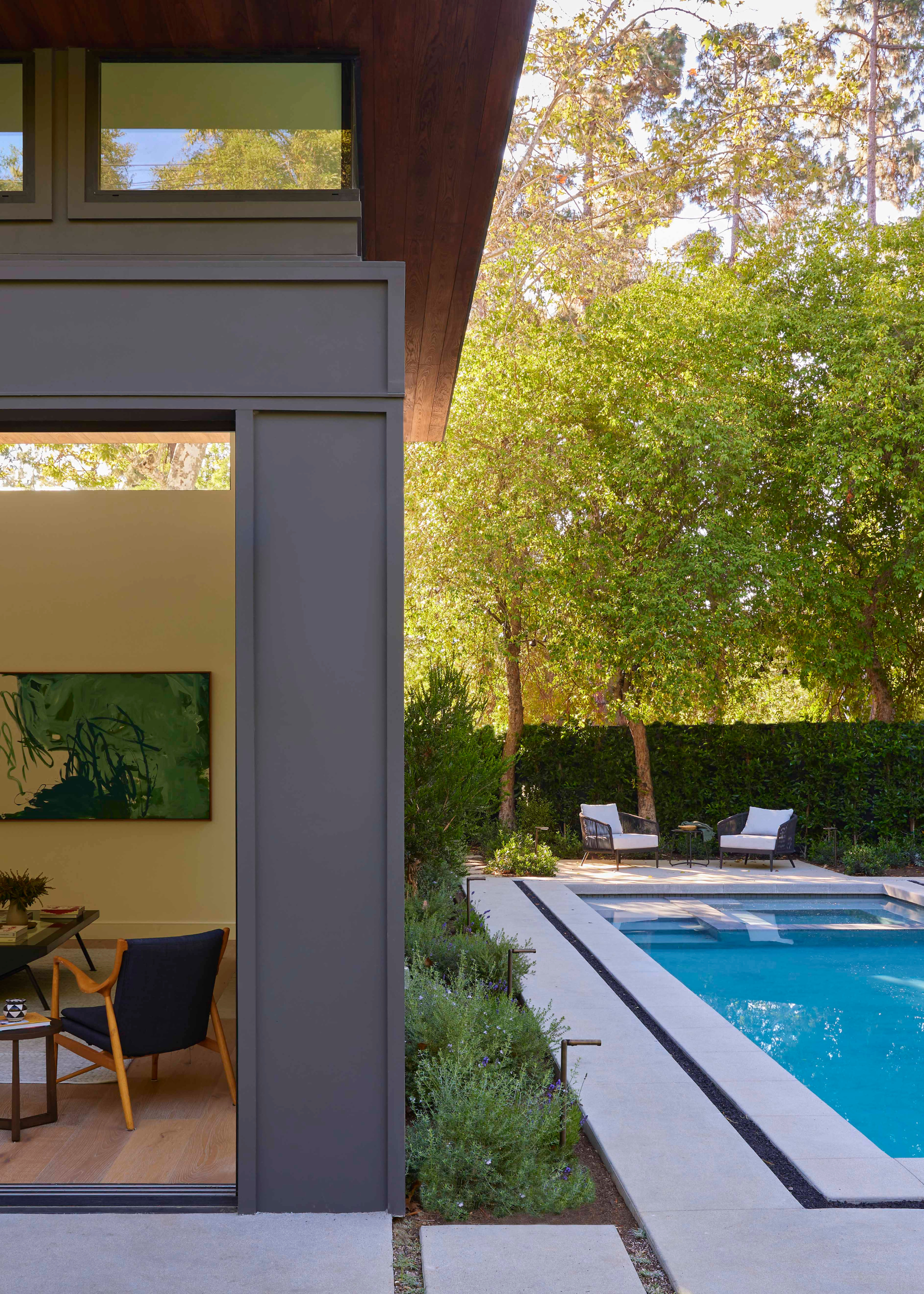
THE CONS
Firstly, Kat brings up the valid fact that hedges take time to establish, so they aren’t a day one barrier in the way that a fence is. And that's even if you grow fast-growing hedges for improved privacy.
"It's also important to note that live green hedges can be unpredictable. Plants can and admittedly do die unexpectedly, which can be a frustrating setback," she explains.
"Hedges require simple but consistent maintenance from the start. Meanwhile, fences, depending on the material, won’t require maintenance for several years, until painting or board replacements might be necessary."
The Verdict
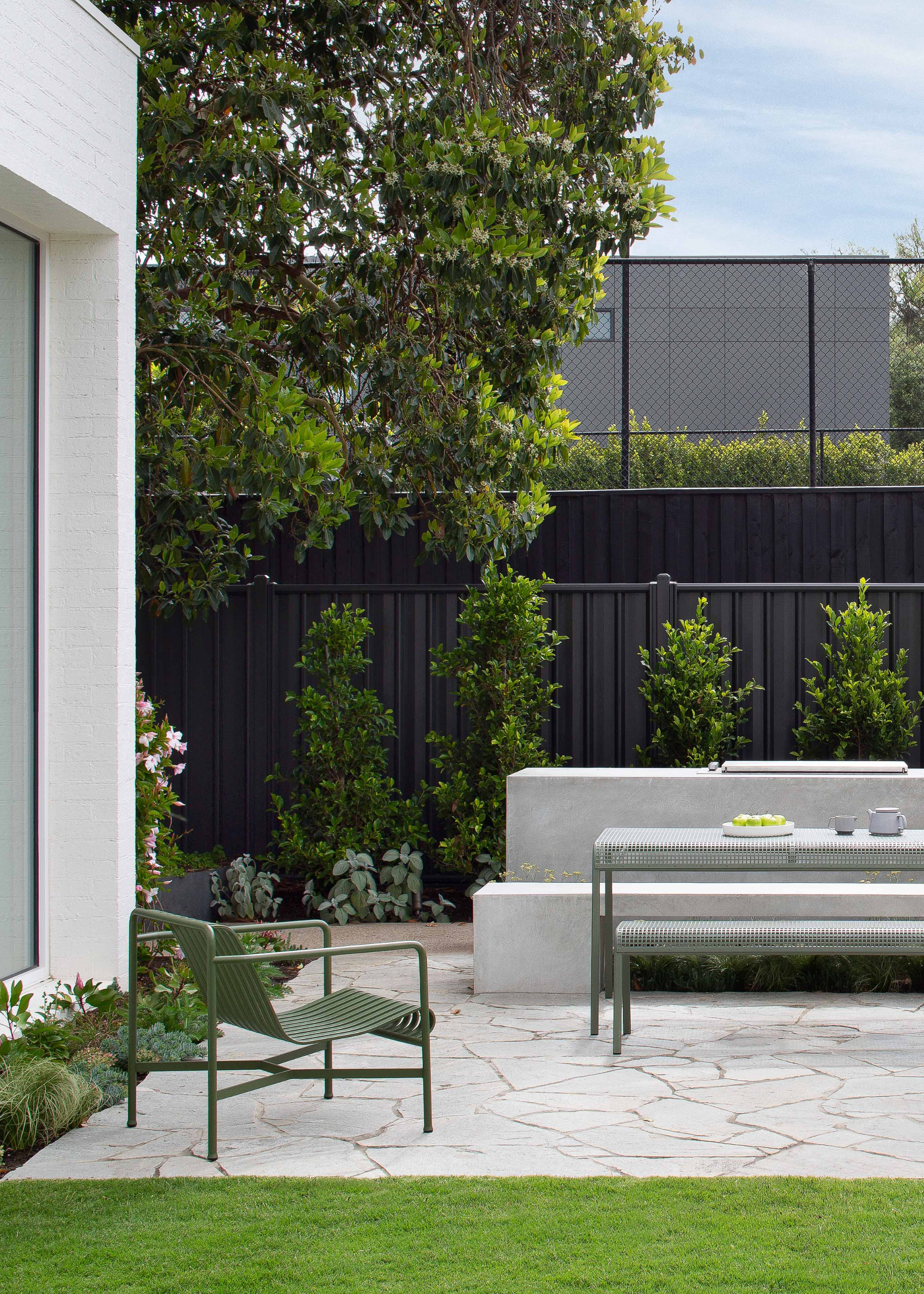
So what will it be? A Hollywood-style hedge or a colorful wood fence?
"Context is everything!" says Katherine. "In smaller gardens, I almost always opt for a fence when privacy is the main factor, as they are narrow and provide the needed coverage off the bat."
She also highlights the benefit of being able to mount lights to them and make them more multifunctional. And of course, there's a case for decorative fence panels and toppers for a decorative finish.
"But in larger spaces, and when time and budget allow, a hedge is a beautiful addition to a space," she adds. "And I love the ecological benefits they provide as well as the dimension they can add as the backdrop of a perennial border."
Space, budget, and maintenance are the three factors you need to consider before picking your side. And if you have an abundance of all three, then hedges are your best bet for a beautiful backyard with no compromise on privacy.
Size: 20 cm x 180 cm x 33 cm
Made from acacia wood, this Wassif Garden Screen from La Redoute is the perfect small-space solution to grant your garden privacy at a moment's notice.
Size: 1.8 m x 1.7 m
This Lippa Bamboo Room Divider Panel from Wayfair offers thorough screening and is particularly perfect for Japanese gardens.
Size: 140 cm x 80 cm x 50 cm
IKEA's NÄMMARÖ is so effortlessly charming and works as a functional decorative screen that's perfect for trailing vines.
And if you'd like to have your cake and eat it too, then perhaps a fence with plants growing over it is the happy medium you'd best prefer. In such cases, you can employ the privacy of a stylish fence and grow plants to cover your fence for a green flourish.
My favorite pick? A star jasmine fence cover. Not only is it fast-growing and dotted with plenty of pretty white flowers, but it will also make your home smell like a floral dream.







